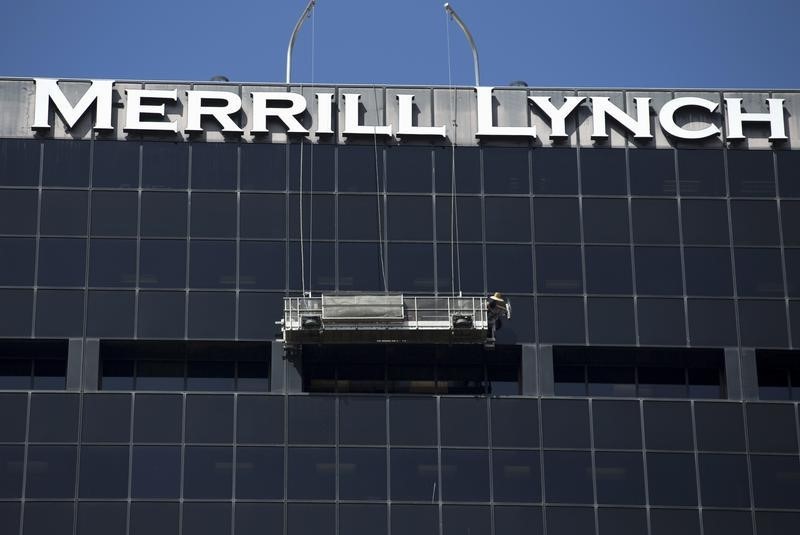By Sujata Rao
LONDON (Reuters) - Investors pumped $2.6 billion (1.7 billion pounds) into European equity funds in the past week, extending their run of gains but emerging equities snapped a month-long winning streak as $1.2 billion exited, Bank of America (N:BAC) Merrill Lynch said on Friday.
Inflows into equity funds overall tapered off to $2 billion, the lowest in four weeks, though this masked strong interest in European stocks which have now taken in new money for 23 out of the past 25 weeks, according to BAML data, which also includes numbers from Boston-based fund tracker EPFR Global.
The expectation of more stimulus from the European central Bank may have helped, with ECB boss Mario Draghi this week indicating that the bond-buying programme could be ramped up if needed.
Global bond funds received $2.3 billion, BAML said.
World stocks have hit 2-1/2 month highs recently and emerging equities have rallied from summer lows as investors grew more confident about China's economy and the U.S. recovery.
U.S. jobs data due later on Friday could provide the signal the Federal Reserve needs to start raising interest rates in December. These expectations have pushed the dollar to three-month highs against a basket of currencies.
BAML said a Fed move appeared largely priced in.
"Flows corroborate that sentiment is no longer "uber" bearish and more recently investors are expecting Fed to start raising interest rates," the bank said.
However, Japanese and U.S. funds saw losses of $600 million and $500 million respectively in the past week, the data showed.
Emerging equity funds meanwhile lost $1.2 billion over the week, while emerging debt funds too shed a similar amount. The latter have seen outflows in 14 out of the past 15 weeks as investors have been deterred by weakness in emerging currencies and the prospect of higher U.S. rates.
"The lonely bear remains in emerging markets," BAML said. "For every $100 redeemed from high-yield during the third-quarter sell-off, $88 has returned; for every $100 redeemed from EM equity funds only $2 have returned."
Junk-rated high yielding bonds remained in vogue, attracting $3.6 billion while flows to investment grade debt picked up to a 13-week high of $1.7 billion.

Government bond funds however lost $2.1 billion, BAML said.